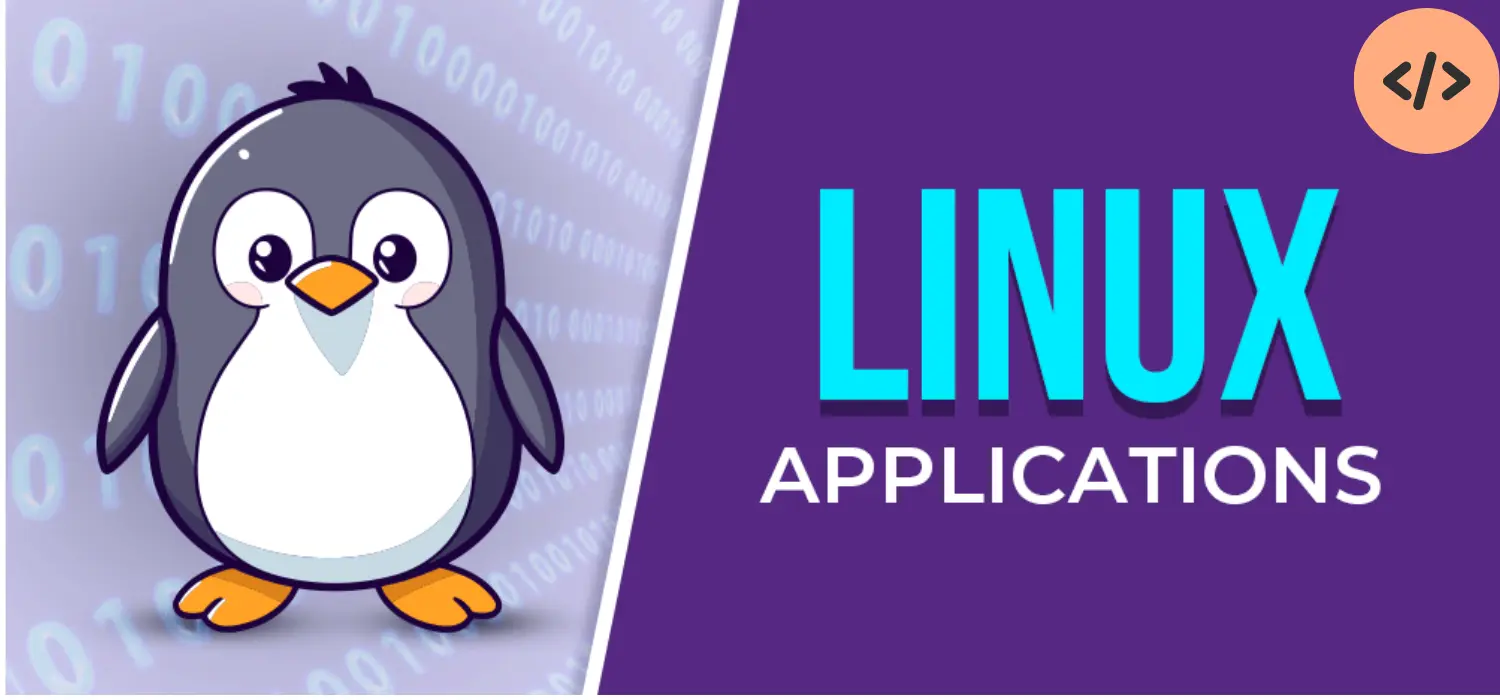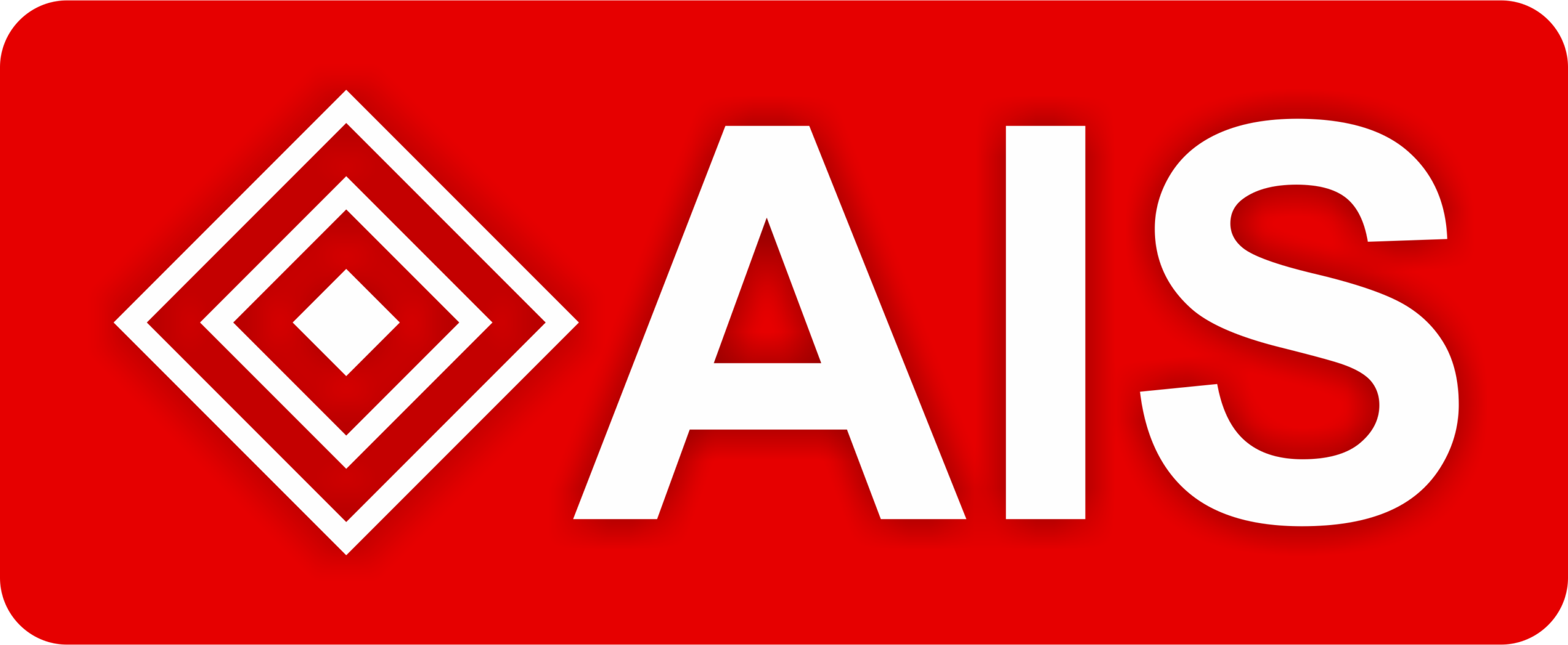Cutting-Edge Linux App Technology: Unlock Success

A n today’s rapidly evolving digital landscape, Linux app solutions have emerged as a cornerstone of innovation and efficiency. These solutions encompass a diverse range of software applications designed to run on Linux-based operating systems, offering unique advantages and opportunities for businesses and individuals alike.
Linux app solutions are characterized by their open-source nature, which means that the underlying source code is freely available for modification, redistribution, and enhancement by the community. This open-source model fosters collaboration, innovation, and transparency, making Linux apps highly customizable, adaptable, and resilient.
The significance of Linux app solutions in today’s digital landscape cannot be overstated. As businesses and organizations increasingly rely on technology to drive growth, streamline operations, and enhance productivity, Linux apps offer a flexible and cost-effective alternative to proprietary software solutions.
One of the key benefits of open-source Linux apps is their unparalleled customization capabilities. With access to the source code, users have the freedom to tailor Linux apps to their specific needs, preferences, and requirements. Whether it’s modifying existing features, adding new functionality, or integrating with other software systems, the flexibility of Linux apps empowers users to create bespoke solutions that align perfectly with their business objectives.
Additionally, open-source Linux apps are inherently scalable, allowing businesses to seamlessly adapt and expand their software infrastructure as their needs evolve. Unlike proprietary software solutions that may impose licensing restrictions or vendor lock-in, Linux apps offer freedom of choice and flexibility, enabling businesses to scale their operations without constraints.
Furthermore, the cost-effectiveness of Linux app solutions cannot be overlooked. With no upfront licensing fees and lower total cost of ownership compared to proprietary software alternatives, Linux apps represent a budget-friendly option for businesses of all sizes. By leveraging open-source technologies, businesses can reduce software expenses while maximizing the return on investment in their digital infrastructure.
Highlighting Productivity-Enhancing Features in Linux Apps:
Linux apps offer a plethora of productivity-enhancing features and tools that empower users to streamline workflows, boost collaboration, and maximize efficiency. Here are some key features available in Linux apps that contribute to increased productivity:
Task Automation:
- Linux apps often come equipped with powerful task automation capabilities, allowing users to automate repetitive tasks and workflows.
- Through scripting languages like Bash, Python, or Perl, users can create custom scripts to automate routine tasks such as file management, data processing, system maintenance, and more.
- Automation helps save time and reduces manual errors, enabling users to focus on more strategic and value-added activities.
Collaboration Tools:
- Linux apps offer a variety of collaboration tools and platforms that facilitate seamless communication and teamwork among users.
- Features such as real-time messaging, file sharing, document collaboration, and project management enable teams to collaborate effectively, regardless of their geographical location.
- Collaboration tools integrated into Linux apps foster a culture of teamwork, innovation, and knowledge sharing, driving productivity and creativity within organizations.
Workflow Optimization:
- Linux apps provide tools and functionalities to optimize workflows and streamline business processes.
- Workflow management systems, task schedulers, and process automation tools help organizations design, deploy, and manage complex workflows efficiently.
- By identifying bottlenecks, eliminating redundant tasks, and optimizing resource allocation, Linux apps enable organizations to achieve higher levels of productivity and operational excellence.
Integrated Development Environments (IDEs):
- Linux apps offer robust integrated development environments (IDEs) tailored to software developers’ needs.
- IDEs provide a comprehensive suite of tools for coding, debugging, testing, and deploying software applications, all within a single integrated platform.
- Features such as syntax highlighting, code completion, version control integration, and debugging tools enhance developers’ productivity and efficiency, enabling them to write high-quality code more quickly and effectively.
Productivity Suites:
- Linux apps include productivity suites that encompass a range of office productivity tools such as word processors, spreadsheets, presentations, and email clients.
- These suites offer advanced features for document creation, editing, formatting, and collaboration, empowering users to create professional-quality documents and presentations efficiently.
- Integration with cloud storage services and collaboration platforms further enhances productivity by enabling seamless access to files and collaboration with team members.
Choosing the Right Linux App for Your Needs:
Selecting the right Linux app for your specific business requirements is crucial for maximizing productivity, efficiency, and return on investment. Here’s a guide to help you evaluate and choose the Linux app that best meets your needs:
Define Your Requirements:
- Begin by clearly defining your business requirements and objectives. Identify the specific tasks, processes, or challenges that you need the Linux app to address.
- Consider factors such as the size and nature of your business, the industry you operate in, and any regulatory compliance requirements that may impact your software selection.
Evaluate Functionality:
- Assess the functionality of Linux apps available in the market and determine which features align most closely with your requirements.
- Look for essential features such as task management, collaboration tools, document editing, data analysis, and integration capabilities.
- Consider whether the Linux app offers customization options or extensions to tailor the software to your unique needs.
Assess Usability:
- Usability is critical to user adoption and productivity. Evaluate the user interface of the Linux app to ensure it is intuitive, user-friendly, and easy to navigate.
- Test the usability of key features and workflows to ensure they meet your team’s needs and preferences.
- Look for Linux apps that offer comprehensive documentation, tutorials, and customer support to help users get started and troubleshoot any issues.
Consider Scalability:
- Choose a Linux app that can scale with your business as it grows and evolves. Consider factors such as the app’s ability to handle increased data volume, user load, and feature expansion.
- Assess the scalability of the app’s architecture, infrastructure requirements, and licensing models to ensure they align with your long-term growth plans.
Evaluate Support Options:
- Consider the availability and quality of support options provided by the Linux app vendor. Look for vendors that offer responsive customer support, including email, phone, and online chat support.
- Evaluate the vendor’s reputation for customer service, reliability, and responsiveness by reading reviews and testimonials from other users.
Seek Recommendations and Resources:
- Seek recommendations and insights from peers, industry experts, and online communities. Participate in forums, discussion groups, and social media channels to gather insights and recommendations from other users.
- Leverage resources such as user reviews, case studies, and software comparison websites to compare Linux apps and make informed decisions.
Linux app solutions offer a multitude of benefits that can significantly enhance your business operations and drive success in today’s digital landscape. From unparalleled customization options to seamless compatibility and productivity enhancement, Linux apps empower businesses to optimize their workflows, streamline processes, and achieve their goals with confidence.
By leveraging the flexibility and openness of Linux app solutions, businesses can tailor software applications to their specific needs, ensuring maximum efficiency and effectiveness. With compatibility across a wide range of platforms and systems, Linux apps enable seamless integration and collaboration, driving innovation and productivity throughout the organization.
Now is the time to explore the diverse range of Linux app solutions available and discover how they can empower your business. Whether you’re seeking to automate tasks, improve collaboration, or optimize workflows, there’s a Linux app out there to meet your needs and exceed your expectations.
We, AIS, invite you to take the next step towards unlocking the full potential of Linux for your business needs. Contact us today for a consultation to discuss your requirements and explore how our Linux app solutions can help you achieve your goals. Alternatively, sign up for a free trial of our Linux app solutions to experience the benefits firsthand. Let us be your partner in harnessing the power of Linux to drive success and innovation in your business.

